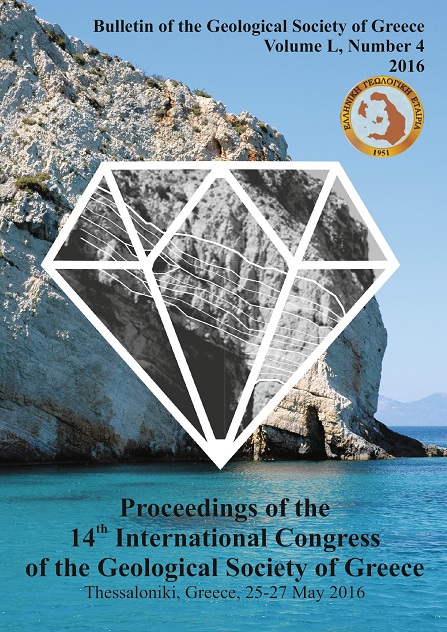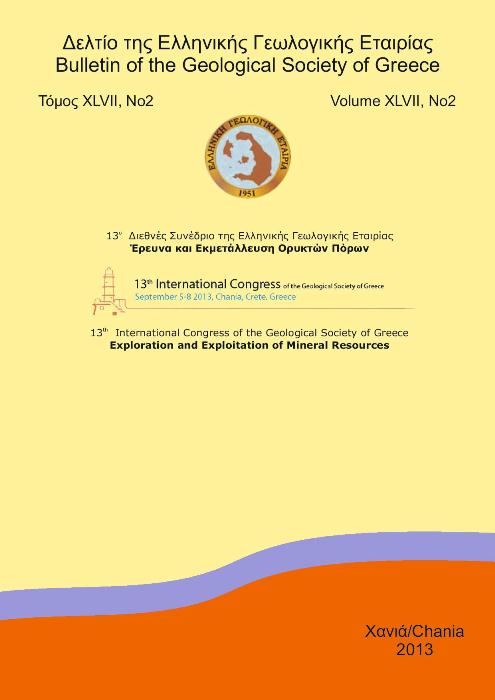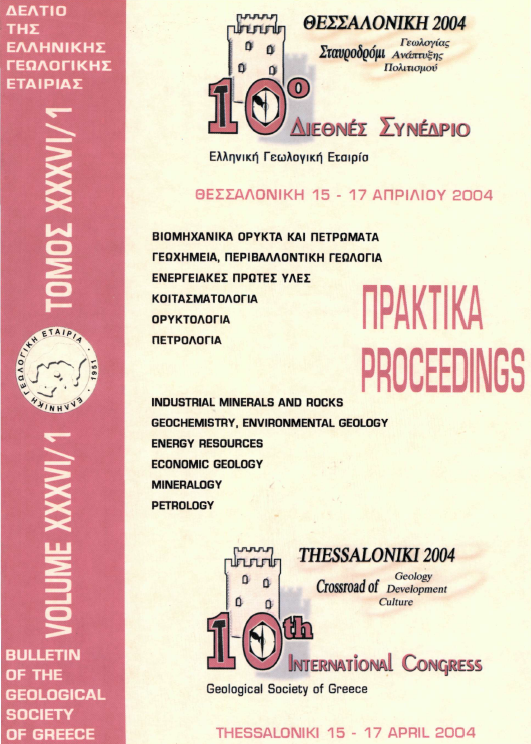HUMAN INTERFERENCES TO THE ENVIRONMENT, CONSEQUENCES AND CARE

Abstract
The need to restore the relationship of mankind with the environment led to the designation of measures, terms and processes worldwide for the prevention or reduction to the highest possible degree of the negative consequences to the environment ensuring a high level of protection of human health and the environment. It is general ascertainment that there is a big lack of objective information in Greece regarding the possibilities of modern science and technology for the treatment of Solid Industrial Wastes (SIW), Municipal Solid Wastes (MSW) and biological Sewage Treatment Plants (STP) products safely for the public health and the environment. In Greece the most significant sources of SIW are the big exploitations of “Mineral Ores”.On the contrary, the cement industries provide an important way out for the consumption of SIW like fly ash, red mud, et. A big percentage of the total amount of produced alloys of iron, copper, zinc and aluminium do not use “Mineral Resources” as raw materials but recycle scrap metals. At the end, the successful results of pyrometallurgical production of final products by SIW as well as the results of the production of new friendly to the environment and high technology refractory materials are given in this work.
Article Details
- How to Cite
-
Lampropoulou, P., Tzevelekou, T., Papamantellos, D., Stivanakis, V., & Papaefthymiou, S. (2010). HUMAN INTERFERENCES TO THE ENVIRONMENT, CONSEQUENCES AND CARE. Bulletin of the Geological Society of Greece, 43(5), 2465–2474. https://doi.org/10.12681/bgsg.11648
- Section
- Industrial Minerals and Rocks

This work is licensed under a Creative Commons Attribution-NonCommercial 4.0 International License.
Authors who publish with this journal agree to the following terms:
Authors retain copyright and grant the journal right of first publication with the work simultaneously licensed under a Creative Commons Attribution Non-Commercial License that allows others to share the work with an acknowledgement of the work's authorship and initial publication in this journal.
Authors are able to enter into separate, additional contractual arrangements for the non-exclusive distribution of the journal's published version of the work (e.g. post it to an institutional repository or publish it in a book), with an acknowledgement of its initial publication in this journal. Authors are permitted and encouraged to post their work online (preferably in institutional repositories or on their website) prior to and during the submission process, as it can lead to productive exchanges, as well as earlier and greater citation of published work.





